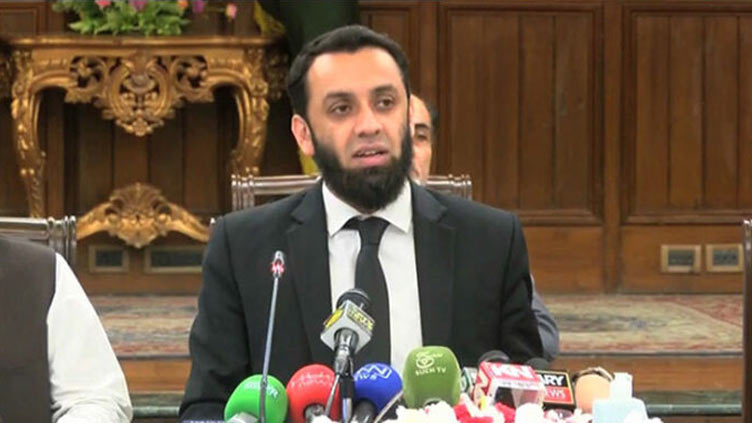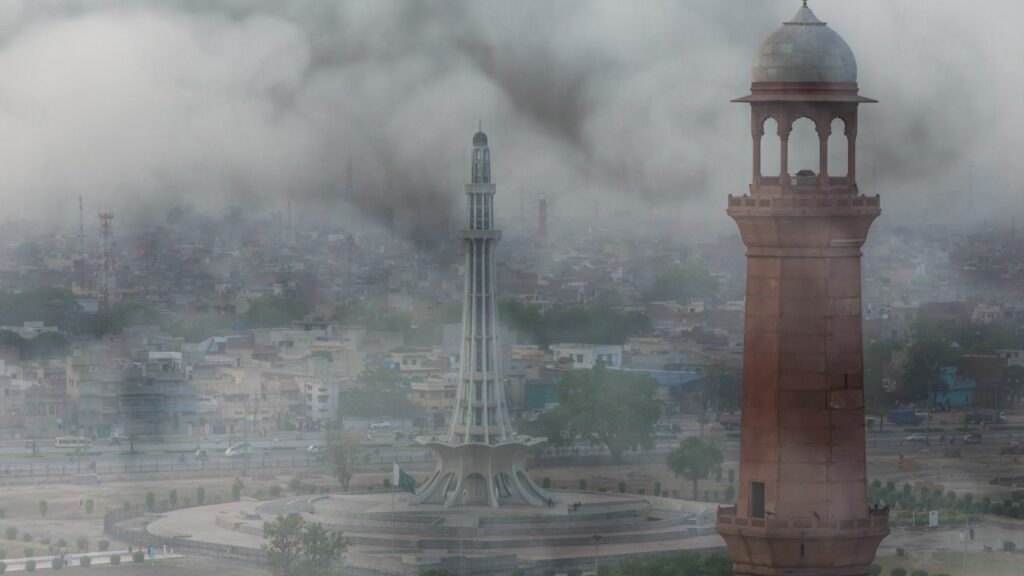Prime Minister Shehbaz Sharif, in a commanding tone, presided over a pivotal session of the federal cabinet on Wednesday, where he underscored the anticipated influx of ‘billions of dollars’ in investment following the recent visit of the Saudi delegation. This financial boost is poised to significantly impact Pakistan’s economic landscape.

Expressing sincere gratitude towards the concerted efforts of the cabinet members and other stakeholders, the premier highlighted the positive reception received by the Saudi delegation. He particularly appreciated the prompt and thorough preparations undertaken by ministers and officials, reflecting a proactive approach towards fostering international relations and economic growth.
During the meeting, PM Shehbaz extended his heartfelt appreciation to Saudi Crown Prince Mohammed bin Salman for his keen interest in Pakistan, which, according to him, played a pivotal role in ensuring the success of the visit by the Saudi delegation. This gesture of goodwill underscores the growing bilateral ties between the two nations.

“We must ensure the seamless execution and completion of these significant investments in Pakistan with the same spirit and dedication,” emphasized the prime minister, emphasizing the need for unwavering commitment and efficiency in capitalizing on these opportunities. He issued a stern warning that no obstacles or hindrances would be tolerated in this critical endeavor, signaling a determined stance towards economic progress.
Minister Tarar, echoing the prime minister’s sentiments, described the visit of the Saudi delegation as “highly productive” and emphasized the expeditious progress in negotiations. He revealed that another high-level Saudi delegation is slated to visit Pakistan in the coming months to finalize crucial agreements, indicating a sustained commitment to deepening economic partnerships.
Furthermore, Tarar highlighted the forthcoming visit of a Saudi private sector delegation, anticipating substantial investments and collaborations with Pakistani counterparts that would have a transformative impact on the economy. He also hinted at delegation-level visits from other friendly countries in the near future, signaling a broader international engagement strategy aimed at fostering economic resilience and growth.
WhatsApp rolling out status sharing feature on Instagram Story
Commenting on the prevailing political landscape, Tarar downplayed the recent opposition gathering in Balochistan as a futile endeavor, highlighting internal divisions within rival parties and ongoing legal challenges faced by political leaders. Despite these challenges, he remained optimistic about Pakistan’s positive economic trajectory and reiterated the government’s unwavering commitment to driving progress and development across the nation.
Meanwhile, amidst these strategic discussions, the Federal Cabinet gave its stamp of approval for the establishment of the Institute of Modern Sciences in Wah Cantonment, underscoring the government’s focus on advancing educational infrastructure and fostering innovation in critical sectors.
Prime Minister Shehbaz Sharif, in a commanding tone, presided over a pivotal session of the federal cabinet on Wednesday, where he underscored the anticipated influx of ‘billions of dollars’ in investment following the recent visit of the Saudi delegation. This financial boost is poised to significantly impact Pakistan’s economic landscape.

Expressing sincere gratitude towards the concerted efforts of the cabinet members and other stakeholders, the premier highlighted the positive reception received by the Saudi delegation. He particularly appreciated the prompt and thorough preparations undertaken by ministers and officials, reflecting a proactive approach towards fostering international relations and economic growth.
During the meeting, PM Shehbaz extended his heartfelt appreciation to Saudi Crown Prince Mohammed bin Salman for his keen interest in Pakistan, which, according to him, played a pivotal role in ensuring the success of the visit by the Saudi delegation. This gesture of goodwill underscores the growing bilateral ties between the two nations.
“We must ensure the seamless execution and completion of these significant investments in Pakistan with the same spirit and dedication,” emphasized the prime minister, emphasizing the need for unwavering commitment and efficiency in capitalizing on these opportunities. He issued a stern warning that no obstacles or hindrances would be tolerated in this critical endeavor, signaling a determined stance towards economic progress.
Minister Tarar, echoing the prime minister’s sentiments, described the visit of the Saudi delegation as “highly productive” and emphasized the expeditious progress in negotiations. He revealed that another high-level Saudi delegation is slated to visit Pakistan in the coming months to finalize crucial agreements, indicating a sustained commitment to deepening economic partnerships.

Furthermore, Tarar highlighted the forthcoming visit of a Saudi private sector delegation, anticipating substantial investments and collaborations with Pakistani counterparts that would have a transformative impact on the economy. He also hinted at delegation-level visits from other friendly countries in the near future, signaling a broader international engagement strategy aimed at fostering economic resilience and growth.
Commenting on the prevailing political landscape, Tarar downplayed the recent opposition gathering in Balochistan as a futile endeavor, highlighting internal divisions within rival parties and ongoing legal challenges faced by political leaders. Despite these challenges, he remained optimistic about Pakistan’s positive economic trajectory and reiterated the government’s unwavering commitment to driving progress and development across the nation.
Meanwhile, amidst these strategic discussions, the Federal Cabinet gave its stamp of approval for the establishment of the Institute of Modern Sciences in Wah Cantonment, underscoring the government’s focus on advancing educational infrastructure and fostering innovation in critical sectors.










